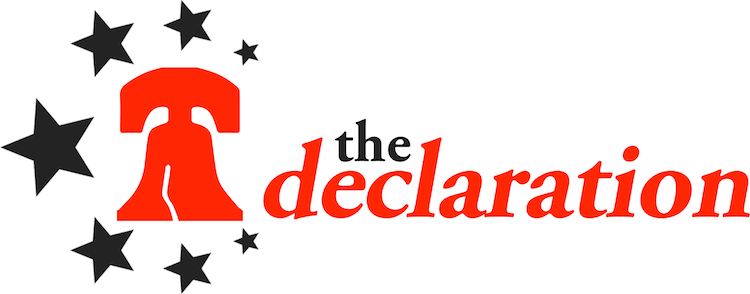By Jack Grauer and Austin Nolen
Reposted from Spirit News:
The City of Philadelphia has denied a permit application for an economic justice rally scheduled during this summer’s Democratic National Convention.
Regardless, Kensington-based Poor People’s Economic Human Rights Campaign (PPERHC) will hold March for Our Lives on the Convention’s opening day. “Permit or no permit, we’re marching,” PPERHC founder Cheri Honkala said at a May 17 press conference on the issue.
March for Our Lives will convene at 3PM, Jul. 25 at City Hall and proceed south down Broad St. to the Wells Fargo Center where the Democratic Party will hold the Convention.
The City in a letter to PPERHC claimed March For Our Lives will
interfere with traffic in the area contiguous to the activity, and will unreasonably disrupt movement or circulation of vehicular or pedestrian traffic… [and] conflicts or interferes with a previously scheduled, annual or otherwise regularly-held event or ceremony that is sponsored by or on behalf of the City.
Philadelphia requests that PPERHC re-submit a “revised application with a different staging area, time and/or route.”
Spirit News contacted Mayor Jim Kenney’s office with questions about the denial of PPERHC’s permit request. According to Kenney spokesperson Lauren Hitt, another organization had registered with the City prior to PPERHC and claimed the same starting point for their march.
Hitt added that Philadelphia “believes peaceable demonstrations are an important part of the Convention and we have already prepared to provide water and other amenities to protesters in [Franklin Delano Roosevelt Park].”
Disputes over Philadelphia’s demonstration permit scheme aren’t new.
In 2000, the City denied applications by Honkala and two other organizers to rally during Philadelphia’s Republican National Convention, according to legal activist and author Kris Hermes. Honkala’s coalition marched on Broad St. without permission. The two other rejected permit applicants sued the City, which then reversed its denials.
In 2001, Philadelphia denied organizers permission to hold a vigil for incarcerated journalist Mumia Abu-Jamal and host a demonstration against the death penalty at Dilworth Plaza. The vigil’s organizers sued Philadelphia, arguing the protest permit scheme violated demonstrators’ constitutional rights and allowed the City too much leeway to deny applications. Philadelphia settled the suit in 2003 and permitted organizers to host the vigil and demonstration.
Philadelphia adopted a new set of regulations shortly after the 2003 settlement and switched the responsibility of permit approval from police to the Managing Director’s Office, which reports to the mayor.
Under the First Amendment, local governments can require demonstrators to obtain permits but they cannot use these permits to ban demonstrations. The U.S. Supreme Court in Hague v. CIO held that the
privilege of a citizen of the United States to use the streets and parks for communication of views on national questions may be regulated in the interest of all; it is not absolute, but relative, and must be exercised in subordination to the general comfort and convenience, and in consonance with peace and good order; but it must not, in the guise of regulation, be abridged or denied.
Honkala pointed out that Kenney tried to silence the PPERHC, which advocates for economic justice, and then introduced his own new homeless outreach strategy at roughly the same time. She dismissed Kenney’s plan as a “basically cosmetic” effort to clean up Center City in anticipation of this summer’s Convention.
Like Kenny, former Mayor Michael Nutter promised to “do more to help the homeless” before his 2008 election and during the early years of his administration. Annual federal funds for homeless Philadelphians increased under Nutter’s tenure. But the number of year-round beds the City provides homeless people decreased during that time.
The Philadelphia Housing Authority helped 238 formerly homeless families find housing through a single program in 2008. The Authority helped only 169 formerly homeless families find housing in 2015, the year Nutter stepped down.
Kensington Welfare Rights Union formed in 1991 and became PPERHC in 1999. They organize against poverty and draw attention to failures by local and federal government to address income inequality and their continued refusal to publicly acknowledge these failures. PPERHC most recentlyset up a tent city on American St. for homeless families during the Pope’s visit to Philadelphia last year.




Should never ask permission for a demonstration!
LikeLike